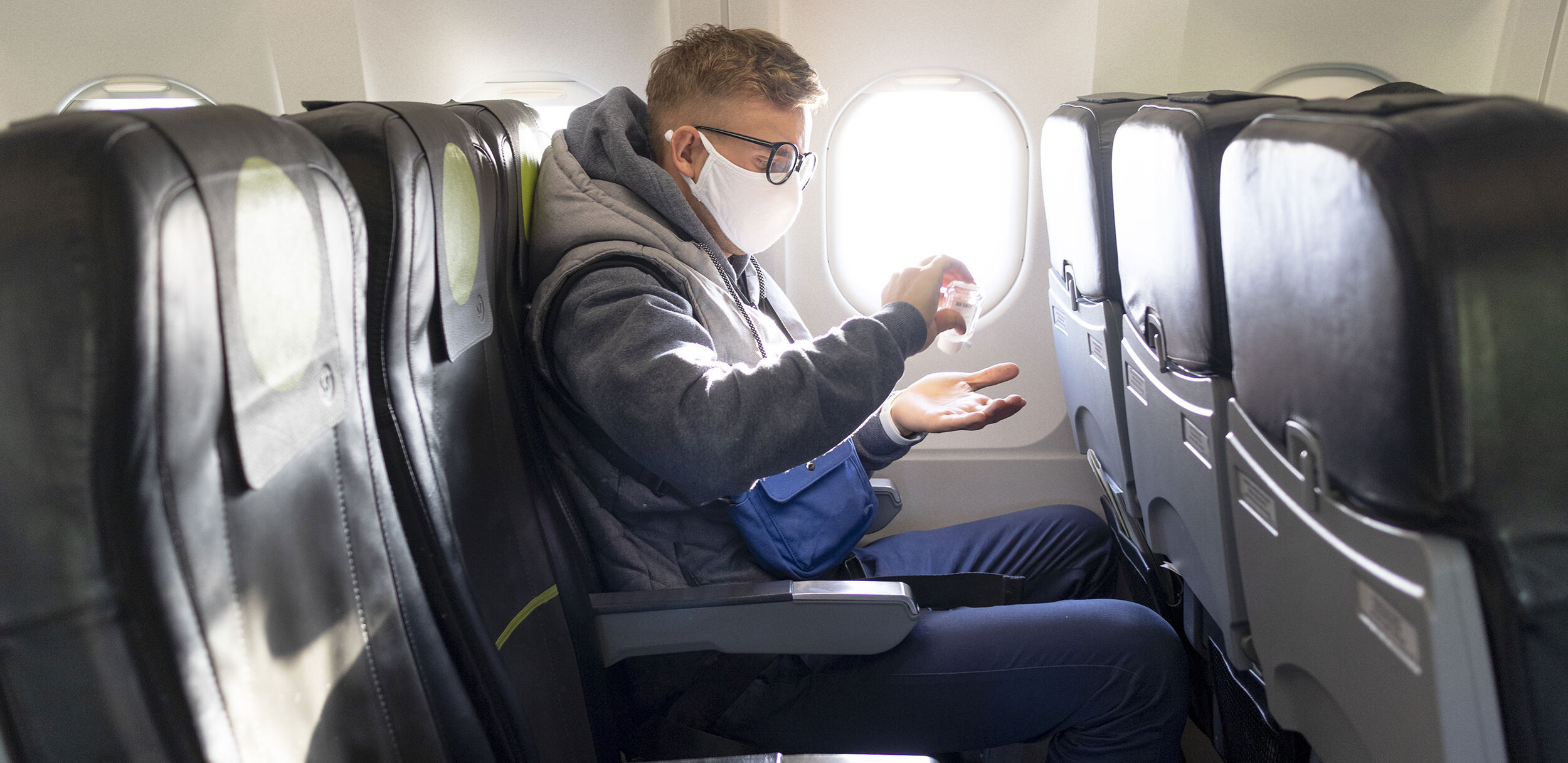$1.2 Trillion US Travel Industry Is Plummeting, Study Says
The disheartening reality, US travel industry is plummeting, ranking second to last among 18 global destinations. Explore the stark contrast with the United Kingdom, which is surging ahead.
Author:Jane RestureJan 16, 202419.8K Shares264.2K Views

In the wake of ongoing challenges, the US travelindustry finds itself at a critical juncture, grappling with persistent issues such as staffing shortages, visa delays, and political divisions. The struggle to regain its foothold in the international tourism arena since the onset of the COVID-19 pandemic is underscored by a recent groundbreaking study. Commissioned by the US Travel Association, the study, conducted by Euromonitor International, reveals a stark reality: the US travel industry is plummeting.
US Travel Industry Is Plummeting
Plagued by persistent staffing shortages, visa delays, and political divisions, the US travel industry continues to struggle to reclaim its share of international visitors since the onset of the COVID-19 pandemic. A recent study by Euromonitor International, commissioned by the US Travel Association and released on Jan. 11, paints a disheartening picture of the industry's standing on the global stage.
According to the US Travel Association, by the end of 2023, the domestic sector had only reached 84% of 2019 visitation levels, underscoring the challenges faced by the industry. The Euromonitor study, a first-of-its-kind analysis of 18 countries, sheds additional light on the extent of the US's lag behind its global competitors.
The study, examining government leadership, global perception, identity and security, and travel connectivity, placed the US at No. 17 out of 18 countries. The United Kingdom and France emerged as the top performers, while China ranked last at No. 18, a result influenced by its delayed tourism restart and limited air routes.
Geoff Freeman, CEO of US Travel, expressed his concern during a press call, stating:
“„This should be a wake-up call. To see the US ranked 17 in a list of 18 top travel markets is eye-opening, stunning, disheartening.- Geoff Freeman
Freeman emphasized the decline in the US share of the global tourism market since 2019, contrasting with competitors who are managing to increase theirs.
The study, completed in fall 2023 but revealed now, prompted the creation of a new Commission for Seamless and Secure Travel, announced by US Travel on Jan. 11. Chaired by Kevin McAleenan, former acting secretary of Homeland Security, the commission comprises 12 private sector and government experts, including former leaders in key agencies.
Freeman stressed the importance of the commission, stating that it will hear out tourism stakeholders and create solutions for policymakers to modernize US travel and address industry challenges. Euromonitor's study identified areas to prioritize, including customs, TSA passenger screening, and visa processing. Recommendations are expected to be submitted by the fall, aiming to revitalize the beleaguered industry.
The stability of America’s travel economy, which amassed $1.2 trillion in spending in 2022 from both international and domestic visitors, is at stake. A report from Tourism Economics published in December 2023 warned that failure to improve TSA’s outdated screening process could result in US travelers forgoing as many as 3 million domestic trips annually, leading to a loss of $7.4 billion in spending this year.
Despite the challenges, Freeman remains hopeful, emphasizing the potential funding from visitors themselves, including taxes on accommodations and shopping. Freeman looks to the newly established commission as a catalyst for change in the industry's trajectory. He urged a change in prioritization, stating:
“„We are lacking the conviction to deal with these issues, to make travel a priority.- Geoff Freeman
Final Thoughts
As the industry contends with its current predicament, the establishment of the Commission for Seamless and Secure Travel signals a pivotal moment in the quest for revitalization. The urgency is palpable, with the stability of America's travel economy hanging in the balance.
While the challenges are formidable, there remains a glimmer of hope that concerted efforts and strategic measures, guided by the study's recommendations, can steer the US travel industry away from its downward trajectory and towards a future of resurgence and global competitiveness.

Jane Resture
Author
Since she embarked on her first world trip in 2002, Jane Resture spent the past decades sharing her personal journey and travel tips with people around the world. She has traveled to over 80 countries and territories, where she experienced other cultures, wildlife she had only read about in books, new foods, new people, and new amazing experiences.
Jane believes that travel is for everyone and it helps us learn about ourselves and the world around us. Her goal is to help more people from more backgrounds experience the joy of exploration because she trusts that travel opens the door to the greatest, most unforgettable experiences life can offer and this builds a kinder, more inclusive, more open-minded world.
Latest Articles
Popular Articles
